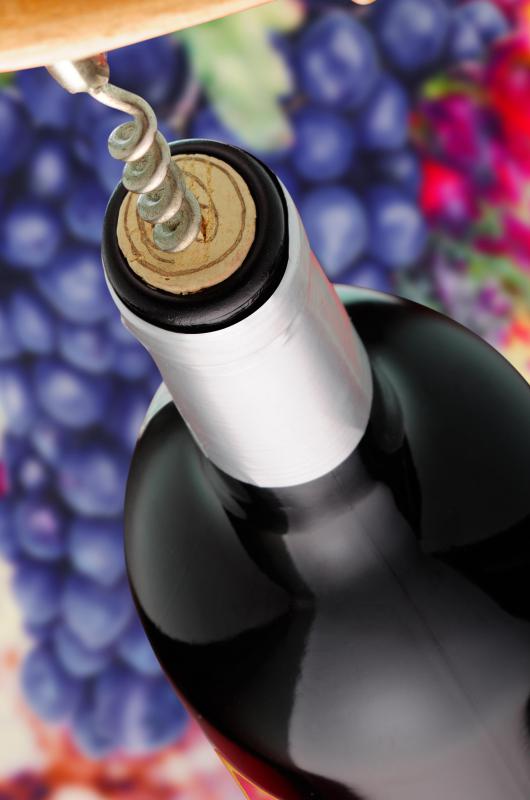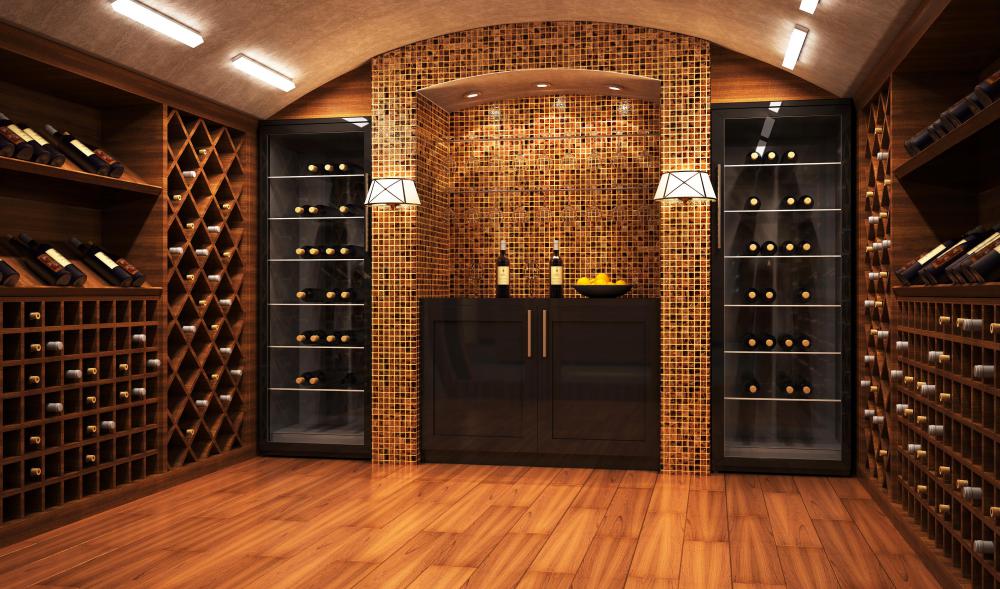At DelightedCooking, we're committed to delivering accurate, trustworthy information. Our expert-authored content is rigorously fact-checked and sourced from credible authorities. Discover how we uphold the highest standards in providing you with reliable knowledge.
How Do I Avoid a Corkage Fee?
To avoid paying a restaurant's corkage fee, you need to first do your research. Determine ahead of time whether a restaurant even has a "bring your own bottle" (BYOB) policy. Next, contact the restaurant and ask if they have a corkage fee. It is also a good idea to pay attention to special events and meals at restaurants that may feature a "no corkage fee" policy for the evening. Keep in mind that some restaurants, in order to drum up weekday business, may have a "no corkage" policy on the less busy days of the week.
If you bring your own wine or beer to a restaurant, the restaurant may add a a corkage fee service charge to your bill. This fee ostensibly covers the cost of your using a restaurant's glasses as well as the extra work that a waiter must perform in opening and serving your wine. In some cases, a corkage fee is insignificant, but there are some restaurants that charge an exorbitant corkage fee.

In many cases, restaurants that have a liquor license and sell beer, wine and spirits from their own bar or wine cellar often charge the highest corkage fees, while restaurants that do not sell alcoholic beverages may have very low or no corkage fees. The fee may be indicated on the restaurant's menu. If you don't see a fee listed, you should still ask your server before handing over your bottle or bottles if a fee will be charged in order to avoid an unpleasant surprise or confrontation at the end of your meal.

If you live near or in a large city, you will probably have an easy time locating local guides to BYOB restaurants available in print and online. If you live in a less populated area, you may still find that local guides and review sites can point you to good BYOB restaurants. It is always a good idea to call the restaurant ahead of time to confirm that it is still BYOB and to find out whether it charges a corkage fee. In many cases, you may find that the restaurant does not charge a fee: if it does, ask if there are any nights of the week that it does not charge the fee. Another option is to ask if they will waive the corkage fee if you bring your own glasses and corkscrew.
AS FEATURED ON:
AS FEATURED ON:














Discussion Comments
I find that restaurants don't typically list their corkage fee policies on their site, so it is best to give them a call. I usually see it listed when they have some sort of weekday special, like $10 corkage on Wednesdays. There's an app that seems pretty updated with restaurant corkage fees (at least in my area) - CorkageFee. I check and just call to verify. I draw the line at over $40 to bring my own wine.
Post your comments